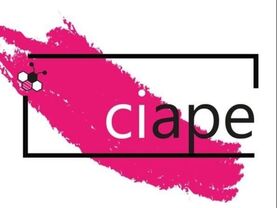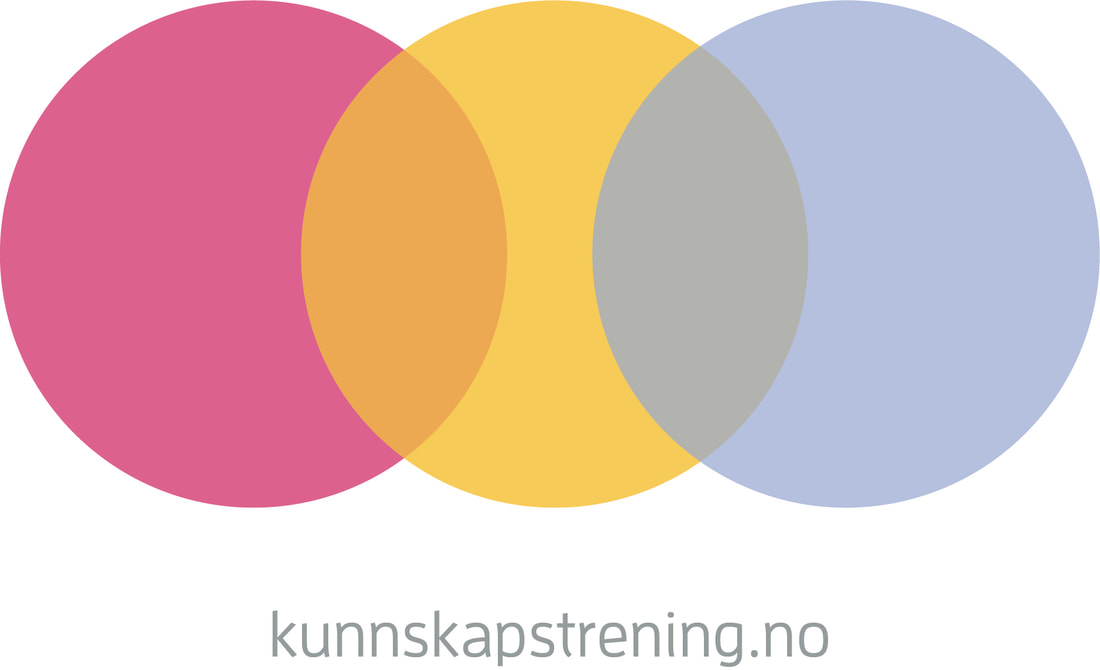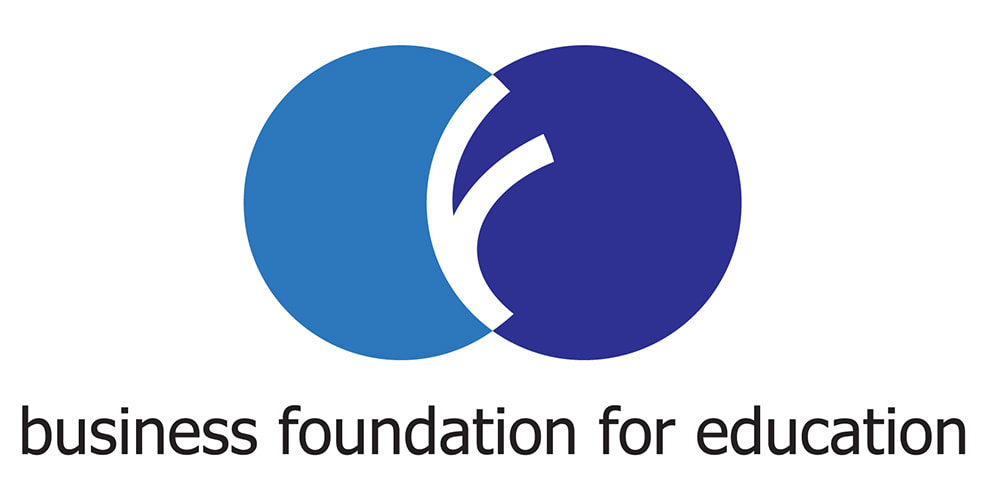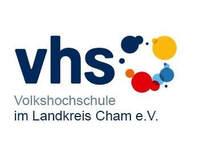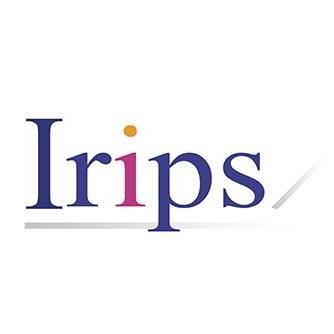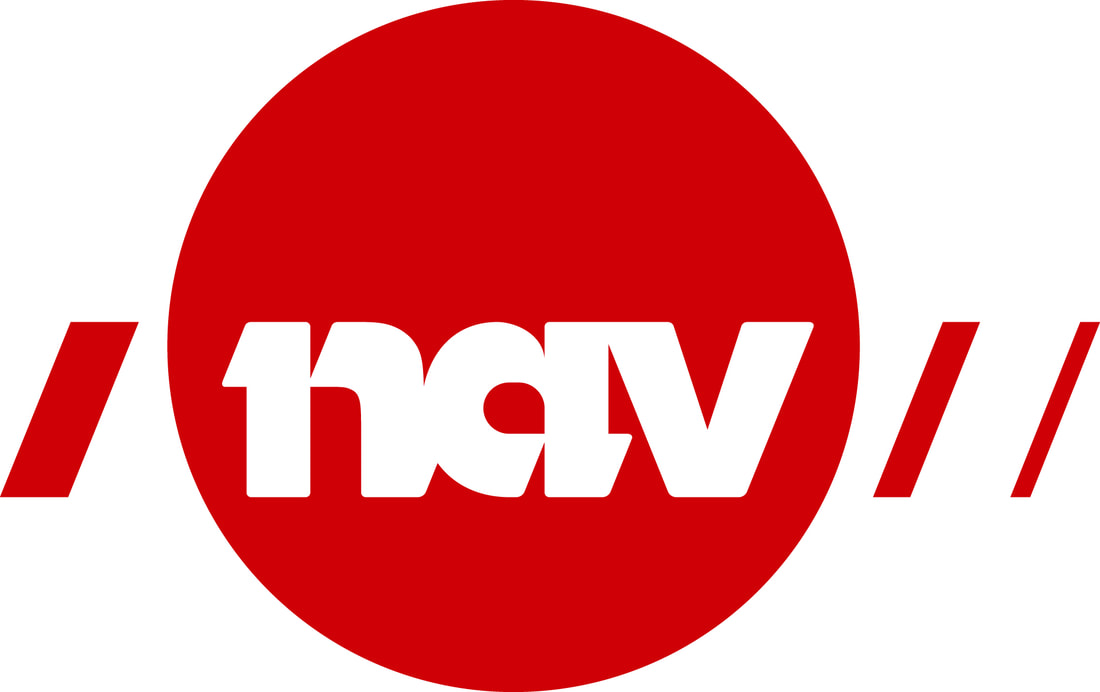Partners
Kunnskapstrening IT - Norway
CIAPE - CENTRO ITALIANO PER L'APPRENDIMENTO PERMANENTE - Italy
VOLKSHOCHSCHULE IM LANDKREIS CHAM EV - Germany
Institut Regional d'Insertion Professionnelle et Sociale - France
FONDATSIYA NA BIZNESA ZA OBRAZOVANI - Bulgaria
NAV Møre og Romsdal - Norway
CIAPE - CENTRO ITALIANO PER L'APPRENDIMENTO PERMANENTE - Italy
VOLKSHOCHSCHULE IM LANDKREIS CHAM EV - Germany
Institut Regional d'Insertion Professionnelle et Sociale - France
FONDATSIYA NA BIZNESA ZA OBRAZOVANI - Bulgaria
NAV Møre og Romsdal - Norway

